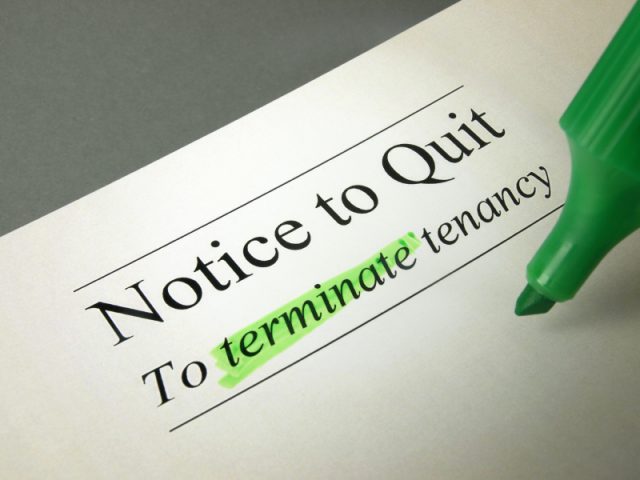Negligence towards rogue landlords-reports
The image of the private rental sector has been tarnished in this weekend’s press, with a number of reports on the alleged poor condition of homes to let.
Both The Guardian and The Independent published articles on a Citizens’ Advice Bureau survey which suggested that private landlords are raking in a cumulative total of £5.6bn per year in rent on homes that do not come up to required legal standards. Around one quarter of this sum is said to come from housing benefit payments.
At risk
Alarmingly, the Citizens’ Advice Bureau report suggests that as many as 740,000 families in the English private rental sector are currently living in homes that present a threat to occupants’ overall health and wellbeing.
In addition, The Times has reported on an investigation by charity group Shelter that suggests that number of people living in accommodation unfit for human habitation is larger than 250,000.
What’s more, the newspaper also reports than in excess of 25% of English councils have not prosecuted any landlords for providing inadequate accommodation during the last five years. A further half reportedly prosecuted less than two per year.
Failures
Figures in The Times report, sourced from the Residential Landlords’ Association and a Freedom of Information request, indicates that councils have prosecuted just 2,006 landlords during the last eight years. The average penalty was a fine of £1,5000.
David Smith of the RLA noted that, ‘tenants and good landlords are being let down. Councils have plenty of powers to enforce standards in private rented housing and tackle criminal landlords. It is sad that at best the record on enforcement is patchy and at worst, non-existent.’[1]
Housing Minister Brandon Lewis also added that, ‘the Government is determined to crack down on rogue landlords and the housing bill strengthens councils’ powers to tackle poor-quality privately rented homes in their area.’ He concluded by saying that, ‘our measures include blacklisting landlords who have been convicted of serious offences and seeking banning orders for the most prolific offenders.’[1]
[1] https://www.lettingagenttoday.co.uk/breaking-news/2015/10/surveys-highlight-councils-negligence-on-tackling-rogue-landlords











